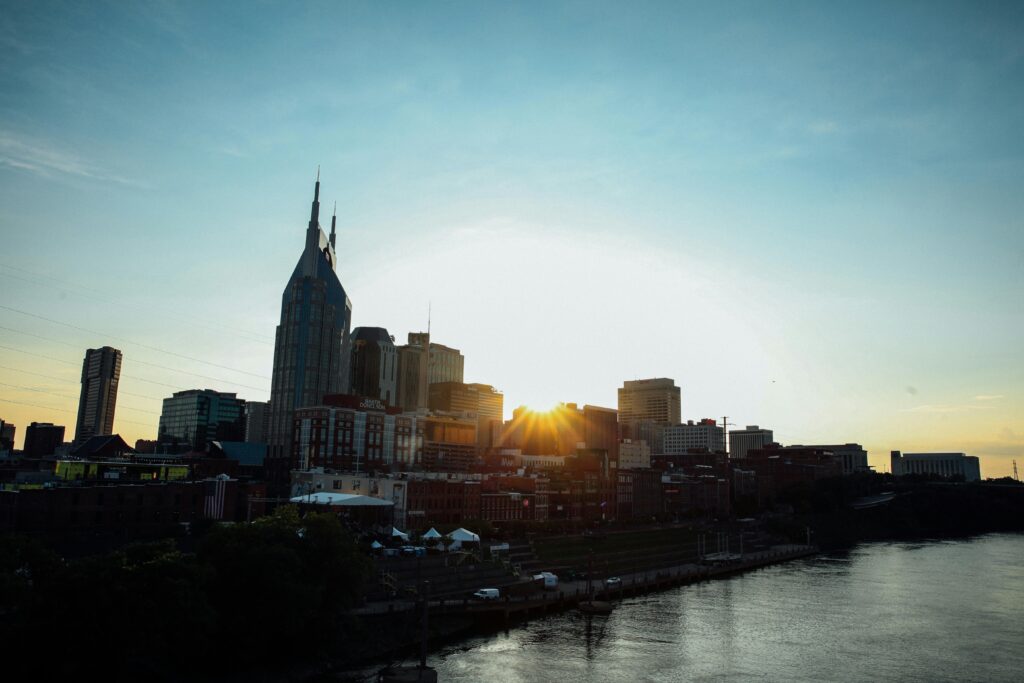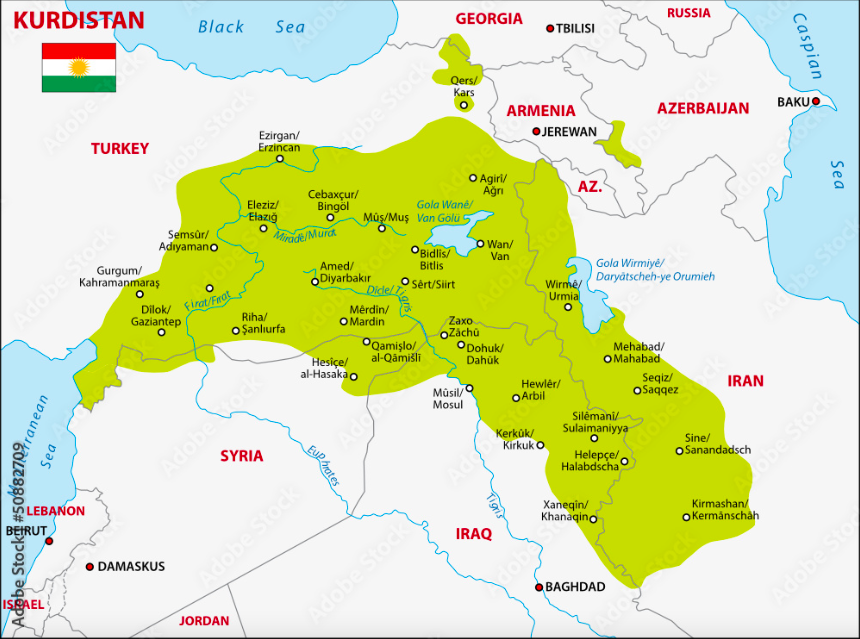“Little Kurdistan”: How Nashville Became a Haven for Kurdish Refugees

By: Jack Moran / Arab America Contributing Writer
Nashville is home to the largest Kurdish population in the United States — a group that holds the distinction of being the world’s largest ethnic group without a sovereign state. One Curious Nashville listener wondered how the city became a hub for Kurds. The answer is complex and multifaceted.
After World War I, Western powers promised the Kurds their own nation, but when the borders were drawn, Kurdistan was left out. As a result, Kurds are now spread across the territories of Turkey, Syria, Iraq, and Iran.

The biggest wave of Kurdish migration to Nashville occurred around 1996 and 1997, when Iraqi forces began targeting individuals with connections to Western aid groups and the U.S. military. Many sought refuge in Turkey before being airlifted to a U.S. military base in Guam. Nawzad Hawrami, a Kurd from northern Iraq, was one of them.
“We stayed in Guam for about four months, and after that, we chose to come to Nashville because of the existing community there, as well as the city’s friendly atmosphere, nice weather, job opportunities, and welcoming nature,” Hawrami recalls.
Hawrami played a key role in founding one of the foundational institutions of the Kurdish community in Nashville — the Salahadeen Center. Established in 1998, it became the first Kurdish mosque in the United States, according to multiple sources. The center is located in the heart of Little Kurdistan in South Nashville. While not all Kurds are Muslim, many are, and the center has been vital in fostering community building, civic involvement, and youth programs.
Sixteen-year-old Rabia Ayaz, who is half-Kurdish, volunteered at a youth camp at the Salahadeen Center this summer. She moved to Nashville earlier this year and believes the change has been positive.
“I haven’t really explored much of my Kurdish side since I grew up in Virginia with the Turkish community, but moving here has taught me a lot more about my culture,” Ayaz says. “I can enjoy myself while also embracing my American identity.”
Nashville is providing her with the space and community to better connect with her heritage.
Now, over 40 years after the first Kurds settled in Nashville, both parents and community leaders have high hopes for the next generation.
Want more articles like this? Sign up for our e-newsletter!
Check our blog here!








